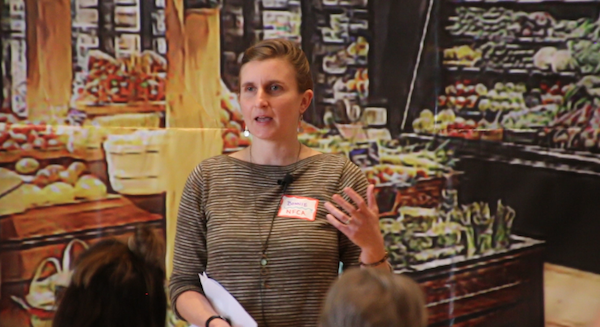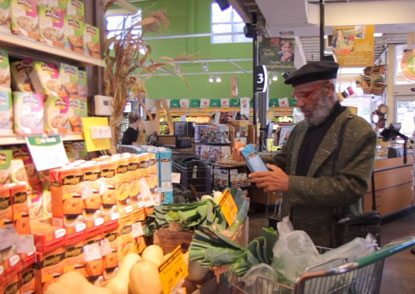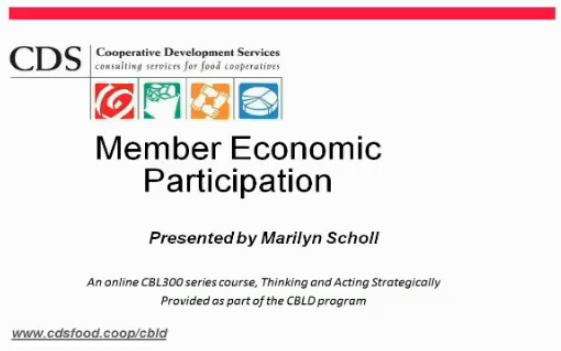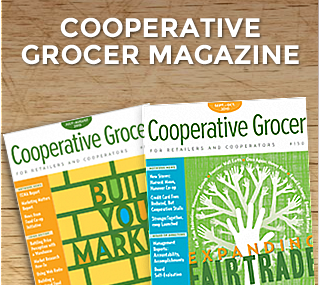Partnerships: For Reflections & Expanding our Reach
Bonnie Hudspeth, in her role as Programs Manager for the Neighboring Food Co-ops Association, is here to bring you the tales of New England food co-ops SUCCESSFULLY working together to tackle the thorny issues of food insecurity, implicit bias, and the barriers we unknowingly put up around many of our food co-ops. Bonnie has several stories to share that highlight the great work being [...]








